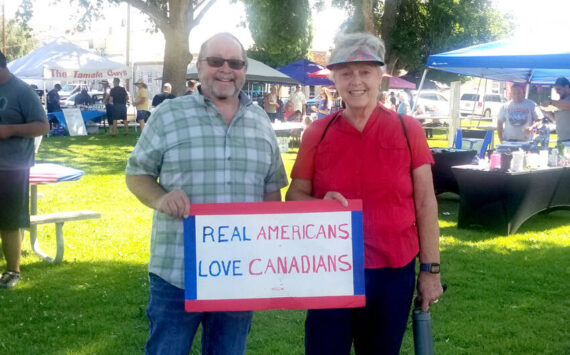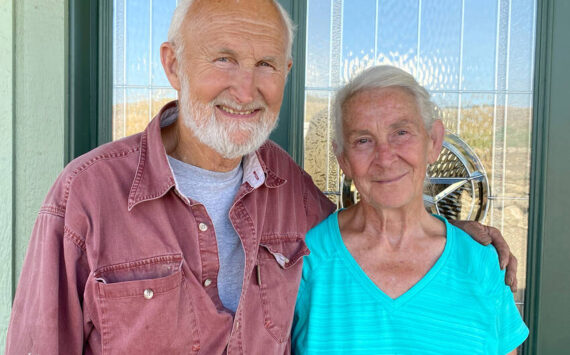OMAK – The Washington State Coalition Against Domestic Violence is partnering with the Support Center and three other Eastern Washington agencies to help address domestic violence in rural areas, especially among migrant workers.
The Coalition has received an 18-month federal grant to enhance services for victims of domestic violence with immigration issues, according to Margo Amelong, executive director of the Support Center, based in Omak.
“We think it is wonderful and hope to continue with the program even after the grant is gone. Perhaps it will be refunded when it is over, but we can’t rely on that,” Amelong said.
“We chose the Support Center to be part of the program because it has to do with domestic violence and sexual assault as they tend to hit the rural community especially hard,” said Summer Carrick, with the Coalition Against Domestic Violence.
The group is especially looking at how domestic violence and sexual assaults affect women and children in the farm worker community.
“Farm workers are often far from home, their families are in another country, there are language barriers and they often work for low wage jobs. This can make it harder to get access to what they need in the way of help,” Carrick said, adding that the group chose to work with the Support Center because of the inroads it has already made with the rural and farm worker communities.
Often times the victims of abuse do not understand their legal rights, according to Carrick, adding that the workers are sometimes invisible to people outside rural communities who do not understand where their food comes from.
“We are trying to make them visible,” she said.
“A lot of the work is seasonal and what they do in three or four months is save money that is supposed to last through the winter,” said Mary Davis, with the Support Center. “When there is no work or lack of money we often see more problems. People who are victims of domestic abuse or sexual assault feel they can’t afford to get away from the cause.”
Davis said the typical farm worker might make lots of stops as they follow the crops and may have a network of friendships along the way, but regularly find themselves in places where they are with people they are unfamiliar with and don’t know who to turn to.
“Right now we are trying to put together a video and photo presentation to use as a model for other rural areas,” said Carrick. “We plan on going out to the farm labor housing and shaking hands and asking what the stresses are, ask what their needs are because domestic violence is so pervasive.”
The women said that Latina women are two to four times more likely to be murdered in this country and not just by Latino men.
“Language access is a big hurdle… they might try to get a protection order but do not understand how to go about it,” adds Gabriela Alor, also with the Coalition.
The women say that farm workers can often develop strong networks and that through this program they’d like to support the natural leaders and promote the women that people go to.
“We can’t hire enough advocates, we can’t build enough shelters,” Carrick said. “We must engage our communities.”
Davis adds that domestic violence and sexual assault victims can also include men and children.
“For men it can be harder to admit… it can really expose your vulnerability. If we say family violence it hits harder because our family is our home and we want to protect it at whatever cost.”





